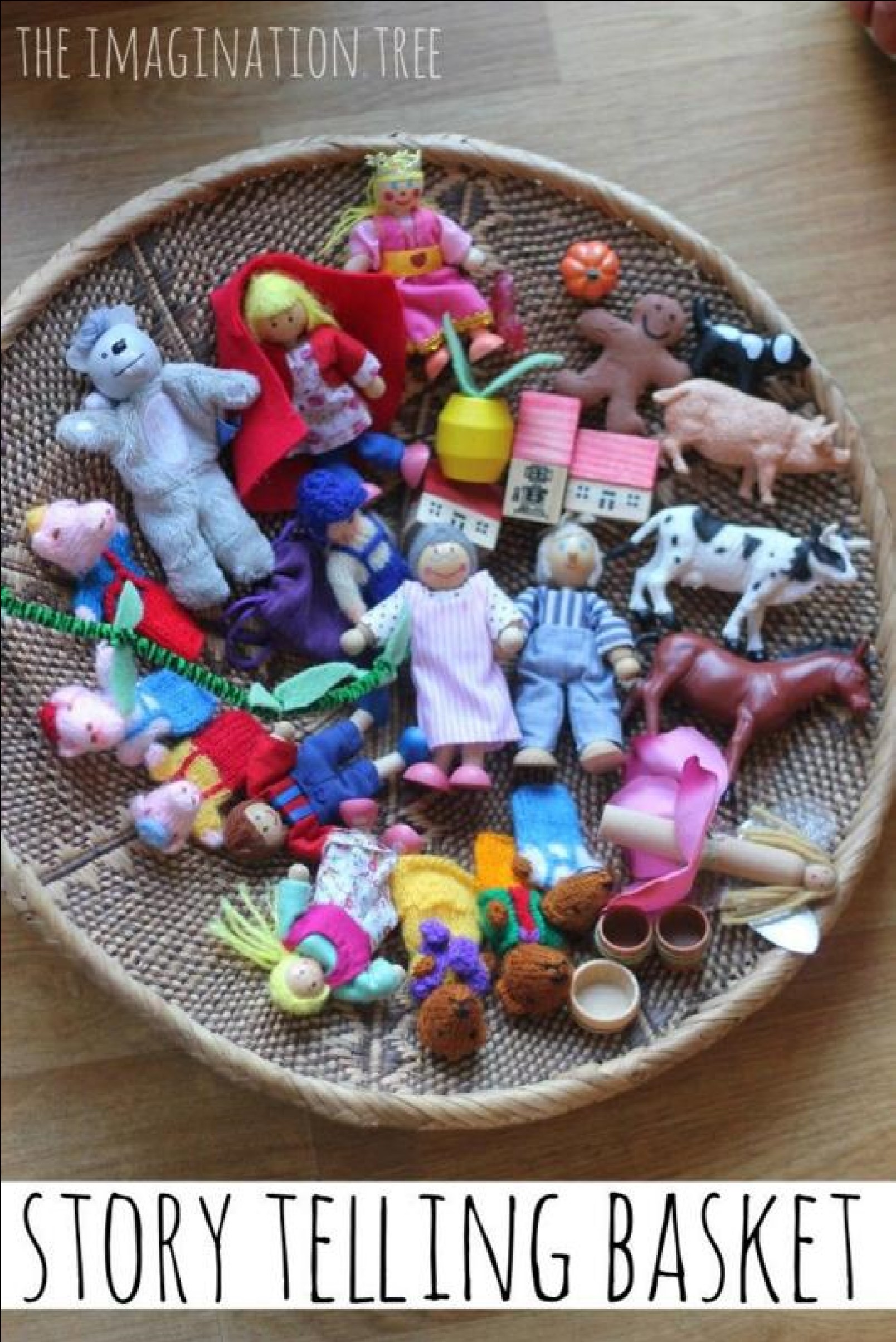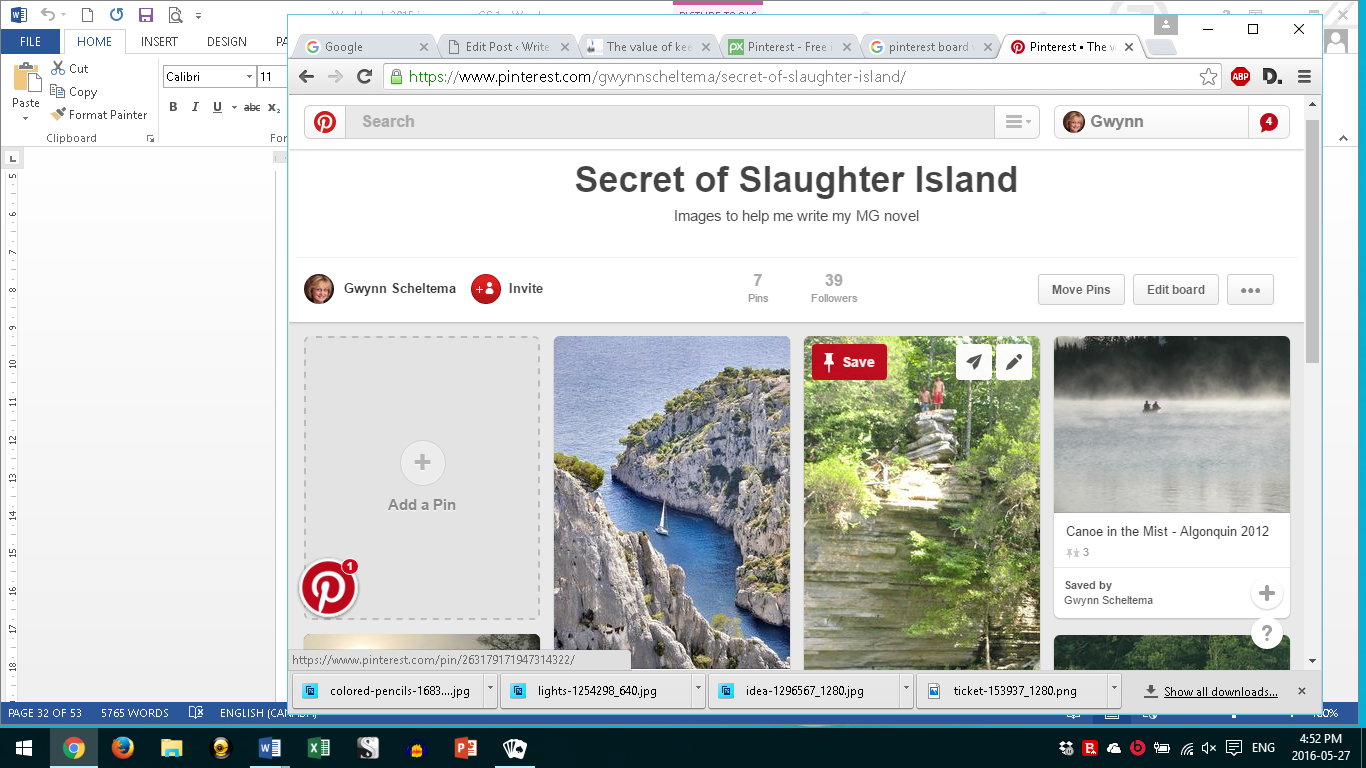Ruth E. Walker
At our annual fall retreat, Turning Leaves, we always invite a special guest to offer a workshop and hold a fireside Q&A session. Usually, we ask an author to join us and our writers have been delighted by the insights and inspiration from our generous guests.
This year, we thought we’d try something different. We invited literary agent Hilary McMahon, Vice-president of Westwood Creative Artists. Come join us, we said.
From Friday dinner to Sunday breakfast, Hilary was a full participant. She delivered a wonderful Friday evening chat on the role and challenges of the agent and gave a great Saturday workshop on preparing compelling query letters.
We’re happy to share a few tips from the many she offered throughout the weekend:
1 Do your research:
Visit the agency website to get details on each agent’s submission guidelines, and the correct spelling of the agency name and the agent’s name. Pay attention to each agent’s information. You don’t want to send a query about your fabulous fantasy sci-fi steampunk graphic novel to an agent who only is seeking nonfiction manuscripts.
Go to book launches or read the acknowledgment pages of books similar to yours to find out who the agents are who represent those writers. See “Be strategic” at the end of this post.
2 Be professional:
Dear agent — you are writing to a person with whom you hope to have an important relationship, so use their name. But remember that this is a professional relationship, so no first names here. And get that name right. Hilary’s has been sent queries with another agent’s name in the salutation…a copy-and-paste oopsie!
Submit a clean query and clean sample in manuscript format without any typos or grammatical errors. Hilary was clear: it all affects how the agent views your manuscript in comparison with the 500+ others received that year. No agent will ask for the full manuscript if your query doesn’t demonstrate you can write well and convey the flavour of your style. And for the same reason, your writing has to be the best possible writing you can submit. See “Be ready”…
 Last, but not least, daily follow-up calls and emails will likely ring warning bells for any agent — it’s annoying and the sign of someone very, very needy. Sure, you’re on pins and needles waiting, but give the agent some time to get to your query.
Last, but not least, daily follow-up calls and emails will likely ring warning bells for any agent — it’s annoying and the sign of someone very, very needy. Sure, you’re on pins and needles waiting, but give the agent some time to get to your query.
But Hilary says that if you have a valid reason for a follow-up email, by all means fire away. Valid reason? If you receive a writing award or grant, follow up. If you have a short story coming out in a literary magazine or national publication, follow up. In short, if you have important writing news, follow up. An agent will want to know.
3 Be ready:
It’s a competition and most agents receive hundreds and even thousands of queries each year. Of those, a few dozen get chosen to submit their work. Of those few, even fewer get picked for a second or even third read. Of those, one or two may get a contract. So when an agent asks for your full manuscript, you want to have something that’s polished and ready to submit.
4 Be realistic
A contract with an agent does not equal a contract with a publisher. Agents don’t earn a penny until you do, so naturally a good agent will be working hard to secure the best possible publishing deal. But it’s a tough climate right now, especially for fiction. Hilary talked about having manuscripts that she absolutely loved but nonetheless, couldn’t land a publisher that felt the same. But she offered hope when she recounted the story of one writer. She couldn’t land a home for the writer’s first manuscript but secured a publisher for the next one.
5 Be strategic
 An agent can represent a writer for many years. Like a marriage, it is an important kind of partnership, so you want that relationship to be strong and effective. You want an agent who really likes (loves!) your manuscript, and believes in you and your creative ability. Someone you can work with.
An agent can represent a writer for many years. Like a marriage, it is an important kind of partnership, so you want that relationship to be strong and effective. You want an agent who really likes (loves!) your manuscript, and believes in you and your creative ability. Someone you can work with.
So, this is more than just “Do your research.” Think carefully about who you send your query to. A top literary agent would be a great coup but you will be competing for attention with international bestselling authors. Would an intermediate-level agent have more room and time to focus on developing your career? What about a new agent? They might be even more high-energy on your behalf…but does that agent have the contacts in the publishing field? And the same goes for the agent’s agency.
We know that landing an agent is a goal of most writers, so isn’t the point to get one? Of course. But our weekend with Hilary McMahon gave us plenty to think about and we all left with at least this one piece of advice. The point may be to get an agent, but an even better point is to work at getting the right agent…at least the right agent for you.
Did you know…
Registration is now open for Spring Thaw 2017, our all-inclusive retreat at Elmhirst’s Resort on Rice Lake in Ontario, April 21 to 23, or 21 to 25. Receive feedback from both Gwynn Scheltema and Ruth E. Walker on 10 ms pages submitted in advance, as well as one-on-one consultation on your writing project.
 Morning warm-up exercises and follow-up private discussions in the afternoon offer support when and if you need it.
Morning warm-up exercises and follow-up private discussions in the afternoon offer support when and if you need it.
Private room accommodations in cozy lakeside cottages: wood-burning fireplaces and full kitchens stocked for in-cottage breakfasts. Join the group for lunch or take it back to your cottage if you’re on a roll. Relax in the casually elegant dining room for candlelight dinners.
Stay for 3 days or Extend Your Pen for 5 days. Either way, you escape to write…with Writescape.














 Well, I may not have a word for that, but I do understand it. I’ve been interviewed as a writer several times on the radio, and I’m a co-host for a weekly radio program,
Well, I may not have a word for that, but I do understand it. I’ve been interviewed as a writer several times on the radio, and I’m a co-host for a weekly radio program,  Before your program can air, we need to settle you in the studio, get you set up with your mic and test your voice quality. I like to go over the format with my guests and make sure all their questions are answered. Even if you are doing the interview by phone, we still need to prepare you and test the voice quality of the connection. At your end you need to minimize background noise and get comfortable.
Before your program can air, we need to settle you in the studio, get you set up with your mic and test your voice quality. I like to go over the format with my guests and make sure all their questions are answered. Even if you are doing the interview by phone, we still need to prepare you and test the voice quality of the connection. At your end you need to minimize background noise and get comfortable.
 Of course, hand in hand with that, make sure you prepare your answers. Don’t rote learn a script or plan to read. That is deadly! Instead know the points you want to make and practise talking about them out loud to yourself in a mirror, or with a friend or family member. Bring your notes with you. Radio is “blind” so no one will know you are using cues.
Of course, hand in hand with that, make sure you prepare your answers. Don’t rote learn a script or plan to read. That is deadly! Instead know the points you want to make and practise talking about them out loud to yourself in a mirror, or with a friend or family member. Bring your notes with you. Radio is “blind” so no one will know you are using cues.
















 Rummaging around in discarded ideas will invariably turn up something unexpected, surprising, fun or usable.
Rummaging around in discarded ideas will invariably turn up something unexpected, surprising, fun or usable. py file folder: for ideas scribbled on napkins and other scrap bits.
py file folder: for ideas scribbled on napkins and other scrap bits.

 o random pictures and write a scene that will somehow link them together.
o random pictures and write a scene that will somehow link them together.















